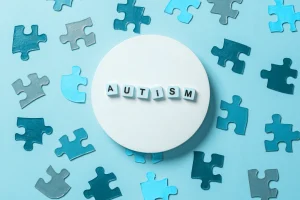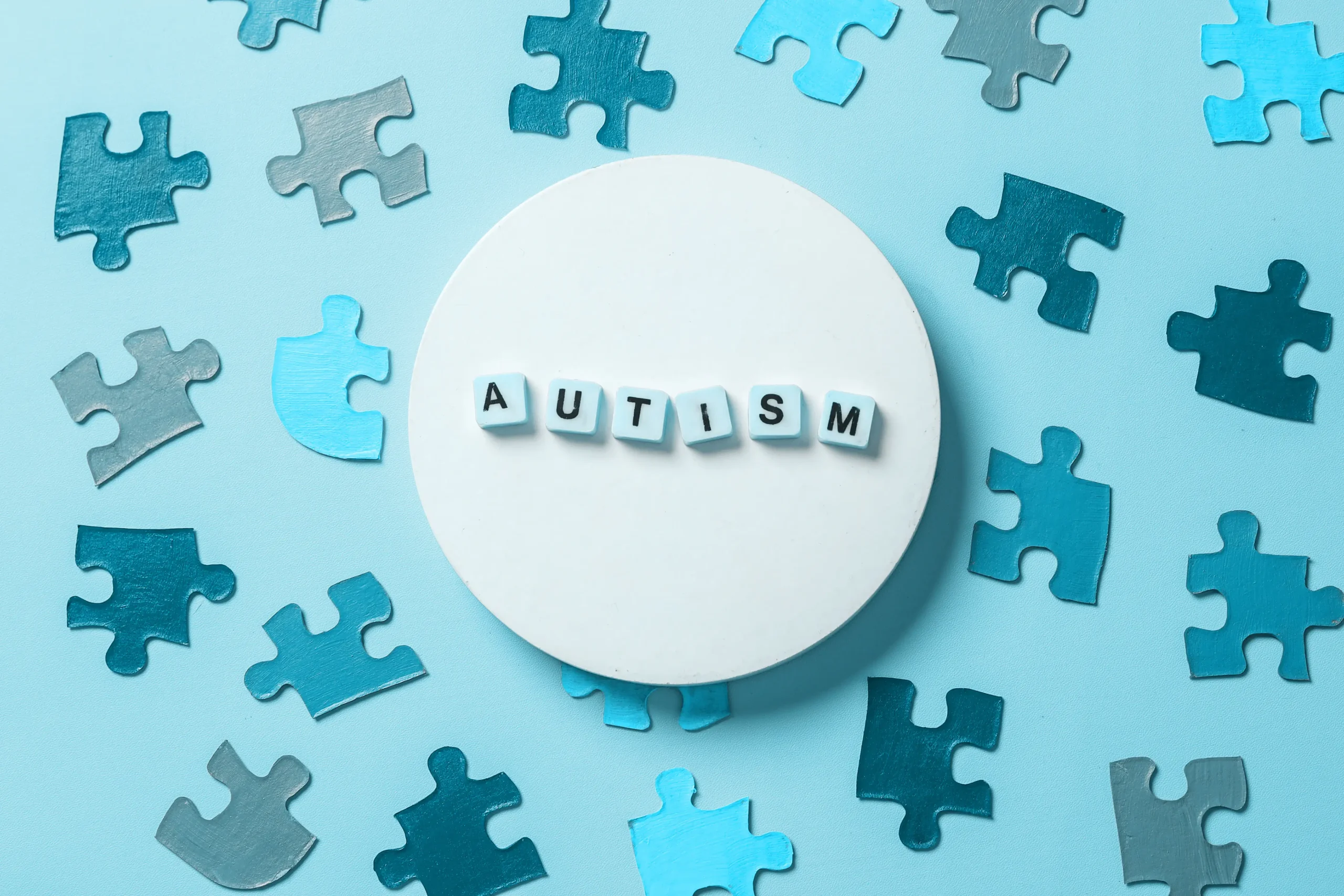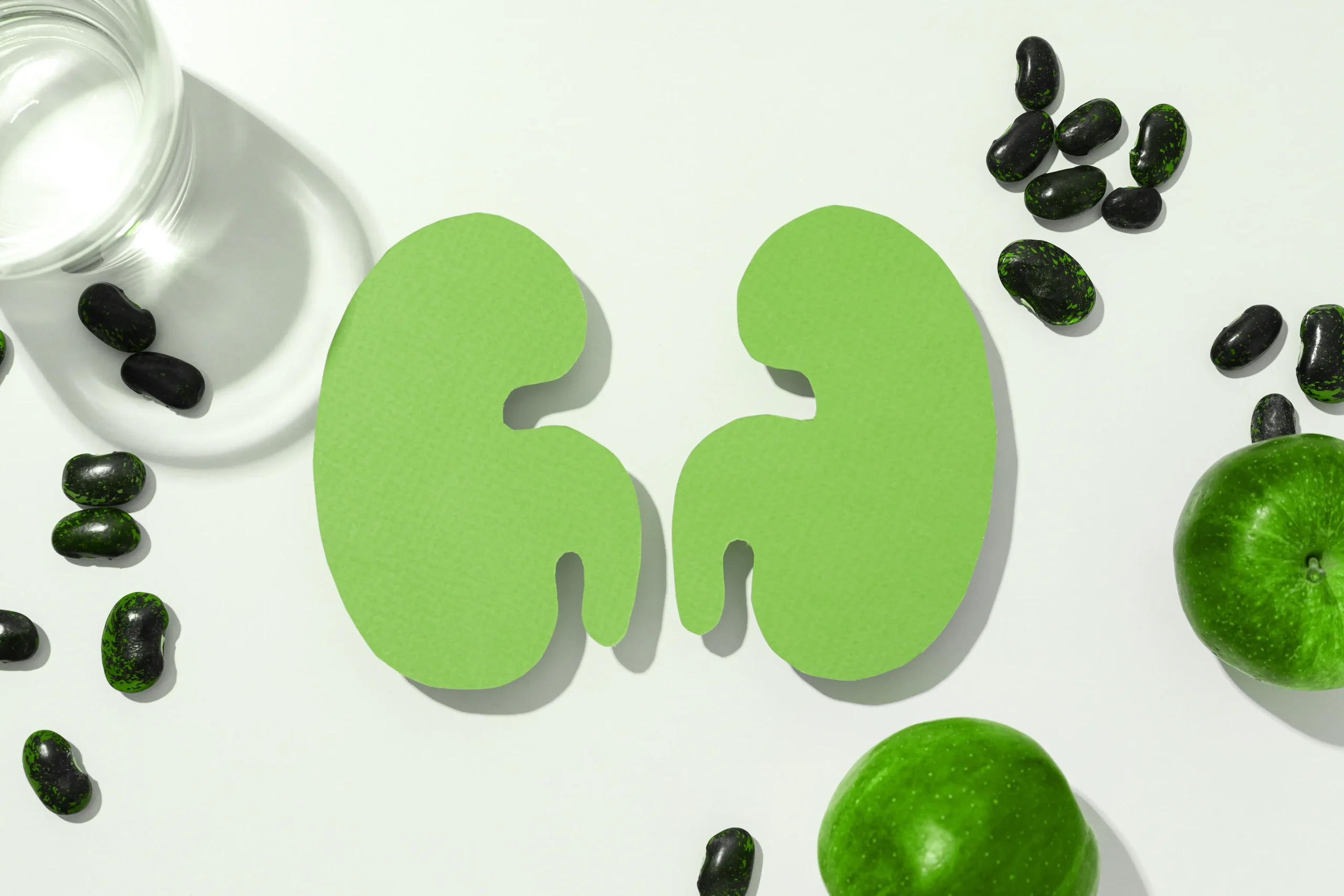A Guide to Traumatic Brain Injury
If you have personally experienced a severe head injury, or perhaps a loved one has, you would agree that being well informed regarding the treatment and recovery process is both critical and comforting.
Head injuries range from a minor bump or bruise to the skull, to a traumatic brain injury (TBI). It is often the latter that requires a more intensive treatment and recovery approach, which could lead to the patient staying in hospital for a few months. Recent statistics suggest that roughly 89 000 cases of new traumatic brain injuries are reported yearly in South Africa. With this in mind, it is beneficial to know what to expect when you have a relative or friend suffering from a severe head injury.
How do doctors determine the severity of a head injury?
When the patient is being examined, a doctor will perform specific tests to determine the severity of the head injury, revealing the degree of brain tissue damage:
- Computerised tomography (CT) scan: During a CT scan head X-rays reveal detailed imagery of the brain. This can provide evidence of possible bleeding in the brain, blood clots, bruising of the brain tissue and brain-tissue swelling.
- Glasgow Coma Scale (GCS): This 15-point test is used to rate the patient’s ability to follow directions and move their eyes and limbs. The test categorises the severity of a coma according to the following 3 levels:
- Mild injury: GCS of 13-15 (patient is fully alert/loss of consciousness of less than 20 minutes)
- Moderate injury: GCS of 9-12 (patient is no longer in a coma but is not fully alert)
- Severe injury: GCS of 3-8 (patient is totally unresponsive/in a deep coma)
- Intracranial pressure monitor: This device consists of a small probe that is inserted into the patient’s skull. In the case that the patient suffers from brain-tissue swelling, the intracranial pressure monitor will be used to measure and assess the level of brain-fluid pressure.
- Magnetic resonance imaging (MRI): During an MRI scan, strong magnetic fields and radio waves provide imagery of the affected organs, such as the brain in this case. An MRI is usually performed after the patient’s condition has stabilised or if symptoms have not improved.
What are the treatment options?
If the patient suffered a mild TBI, sufficient rest and pain killers will do the trick. The patient might be admitted to hospital for a short period so that symptoms can be monitored. Additionally, the doctor will book them off from work/school. Follow-up appointments can also be scheduled if it is necessary.
Emergency care will be provided to patients that have moderate to severe TBI. This will reduce possible secondary damage caused by inflammation, bleeding, or reduced oxygen to the brain.
To minimise further damage to the brain the following medication can be given to the patient:
- Diuretics: Help to reduce fluid build-up in tissues and pressure inside the patient’s brain.
- Anti-seizure medication: Moderate to severe TBI can lead to seizures within the first week after the injury has taken place. Anti-seizure medication will avoid additional brain damage if the patient experiences a seizure.
- Coma-inducing medication: In severe cases the patient may temporarily be induced in a coma, to decrease the brain’s oxygen requirement. This usually occurs when the patient’s blood vessels are damaged and cannot supply the brain with regular nutrients and oxygen.
Severe TBI usually requires that the patient has emergency surgery.
The following cases can involve surgery:
- Removing clotted blood (haematomas)
- Repairing skull fractures
- Bleeding in the brain
- Opening the skull through small incisions to drain fluid
Is rehabilitation required?
If your loved one suffered severe TBI it is highly likely that rehabilitation will be necessary. Patients undergo rehab exercises to regain normal functioning of the part of the brain that was injured.
TBI can cause the following impairments:
- Cognitive: Impairments that affect the patient’s concentration, memory, mood, comprehension, and reasoning.
- Physical: These impairments relate to the patient’s movement ability, such as their strength, coordination, and balance.
- Sensation: Patients can suffer from loss of special senses, especially vision impairments.
Depending on the level of impairment, patients may regain complete functioning. This will also determine the length of the patient’s rehabilitation program. However, if your loved one had very severe TBI, prepare yourself for a lengthy rehab process, which may take up to ten years or longer.
How can I assist a loved one during rehabilitation?
It is natural for patients to experience irritability, depression, anxiety, and aggression during the rehab process. Considering the trauma they have experienced, and the difficult road to recovery, it is essential to allow them to express their feelings. During this time your support, patience and understanding is more necessary than ever before, as this will help the patient to remain motivated.
From your side you can educate yourself about the patient’s specific impairment and rehab program, as this will give insight as to how you can support your loved one. Assisting them with exercises and going along to their rehab sessions can also be helpful to keep the patient positive. Most importantly, listen to their needs and treat them according to their personal situation.
There is no reason to delay getting treatment during the pandemic. All hospitals are fully equipped to protect their patients from the risks of COVID-19 and Lenmed urges you not to neglect your health.
The lenmed Group is a world-class chain of Private Hospitals that brings quality healthcare to communities across Southern Africa.
For more information please contact:
Dr Maroof Jaiyeola, Neurosurgeon
FC Neurosurg (SA), MMed Neurosurgery (Wits)
Lenmed Zamokuhle Private Hospital
Tel: +27 (0) 11 923 7815
Email: [email protected]
Disclaimer: Any information contained here is merely a guide. Always visit your doctor for any health-related advice or diagnosis.














